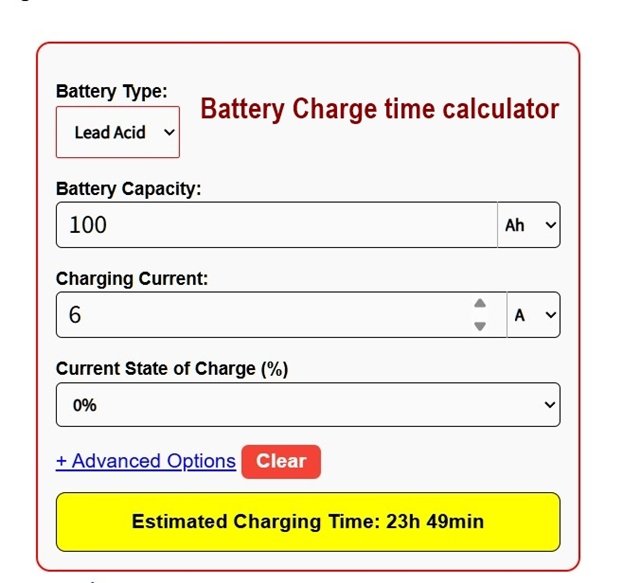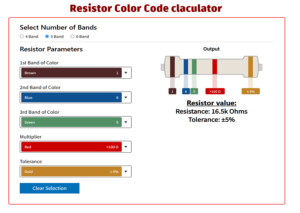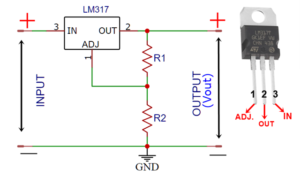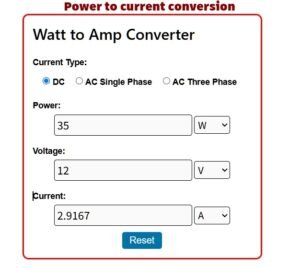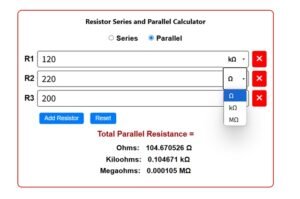Estimate Charge Duration Accurately
Smart Battery Charging Time Calculator – Fast & Accurate Estimations
Also try– Watt to ampere converter
How to calculate battery charging time
🔋 Battery Charging Time Calculation: Formula, Factors, and Tools Explained
Battery charging time is one of the most crucial aspects to consider whether you’re charging a phone, a power bank, an electric vehicle, or any other rechargeable device. Knowing how long it will take to fully charge a battery helps you plan better, avoid overcharging, and improve battery health.
In this article, we’ll dive deep into how to calculate battery charging time, the required formula, influencing factors, and some practical examples.
🧮 Battery Charging Time Formula
The general formula to calculate battery charging time is:
Or, more precisely:
✅ Explanation of Each Term:
- Battery Capacity – How much charge a battery can store. Measured in Ah (Amp-hours) or mAh.
- Charging Current – The current supplied by the charger. Measured in A (Amps) or mA (milliamps).
- Current State of Charge (%) – If your battery is already 30% charged, then you only need to charge the remaining 70%.
- Efficiency Factor – Real-world charging is not 100% efficient. Depends on battery chemistry:
- Lead Acid: ~70% (0.7)
- Li-ion: ~85% (0.85)
- NiCd: ~75% (0.75)
- NiMH: ~80% (0.80)
Temperature Factor – Charging efficiency drops in extreme temperatures. Use a multiplier like:
- 0–10°C → 1.1
- 10–25°C → 1.0
- Above 25°C → 0.9
Battery Charging Time Example
Let’s say you have a 12V 100Ah Lead Acid battery at 50% charge, and you’re using a 10A charger at room temperature.
So the time will be:
Result: Estimated Charging Time = ~7 hours and 8 minutes
⚙️ Unit Conversion Tips
If you have units like mAh, Wh, or kWh, convert them like this:
- mAh to Ah: divide by 1000
- Wh to Ah: Wh ÷ Voltage
- kWh to Ah: (kWh × 1000) ÷ Voltage
Parallel vs Series Battery Configuration
If you have multiple batteries:
- Parallel: Capacity increases → charging time increases
- Series: Voltage increases → capacity stays the same → time remains unchanged
So, if you have 3 batteries in parallel, multiply capacity by 3 before using in the formula.
🧪 Factors That Affect Charging Time
- Battery chemistry (Li-ion, NiMH, etc.)
- Charger output rating
- Ambient temperature
- Battery age and health
- State of charge (SOC)
Pro Tip: Use an Online Charging Time Calculator
Instead of calculating manually, you can use an interactive tool like our Battery Charging Time Calculator on our website. It handles unit conversions, efficiency, temperature, and more — giving you real-time results instantly.
More Tools

